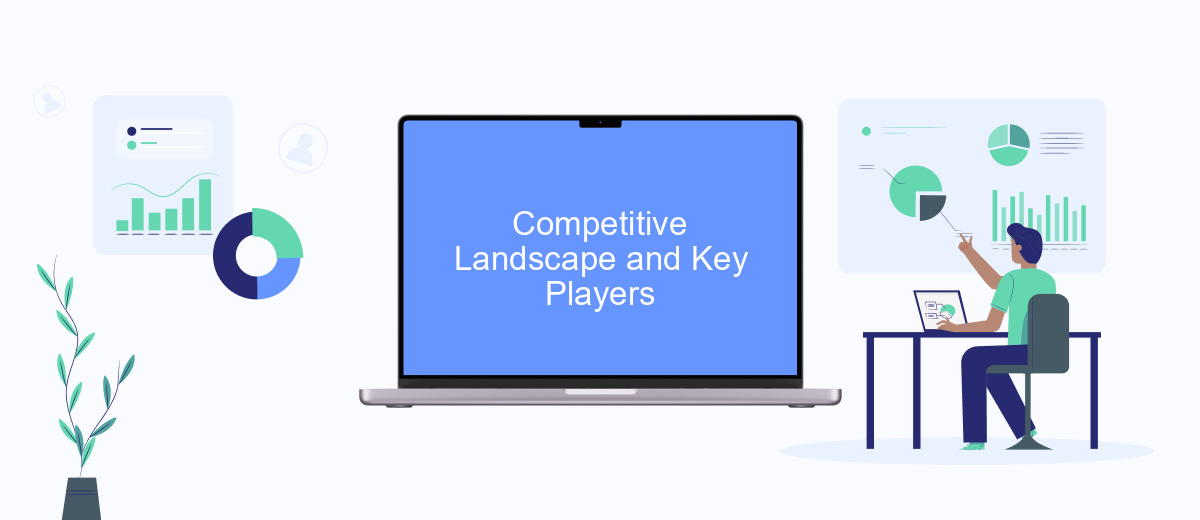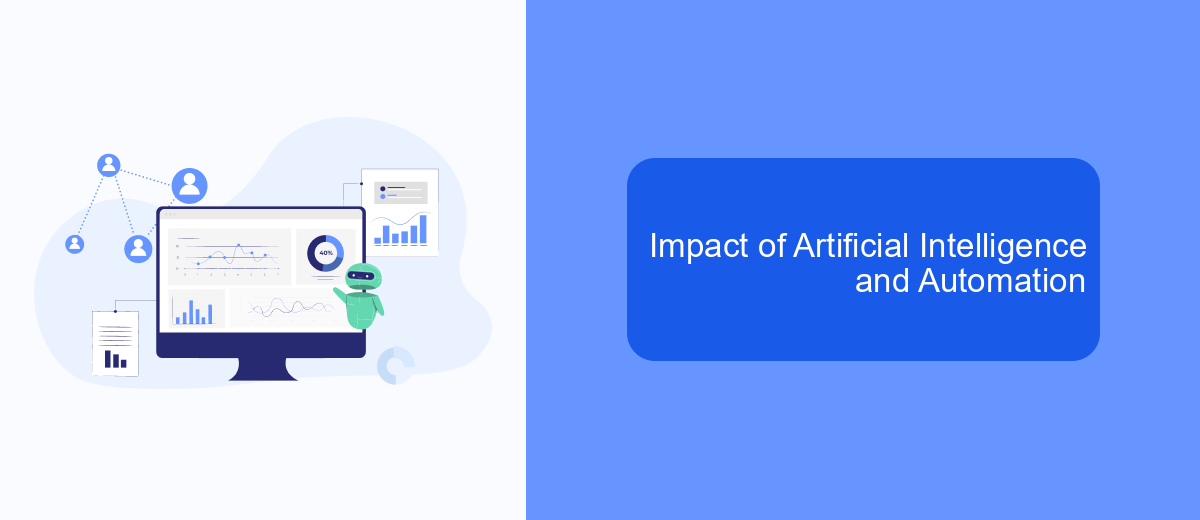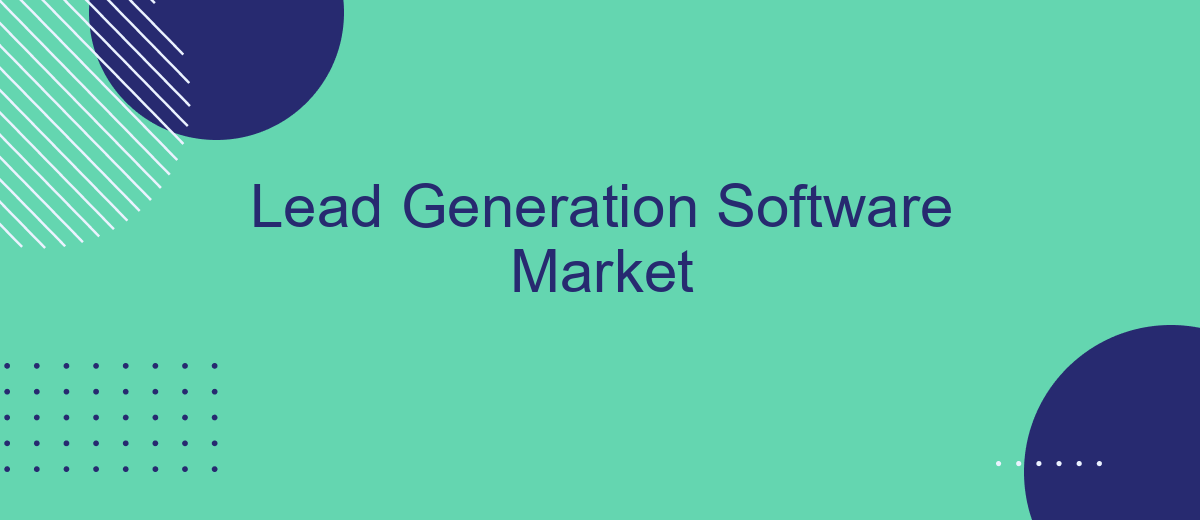The Lead Generation Software Market is experiencing significant growth as businesses increasingly prioritize efficient customer acquisition strategies. This market encompasses a range of innovative tools designed to automate and optimize the lead generation process, enhancing sales and marketing efforts. With the rise of digital marketing and data-driven decision-making, companies are investing in advanced lead generation solutions to gain a competitive edge and drive revenue growth.
Global Lead Generation Software Market Overview
The global lead generation software market is experiencing significant growth, driven by the increasing demand for efficient customer acquisition strategies in a competitive business landscape. Organizations across various industries are investing in advanced technologies to enhance their sales and marketing efforts, streamline operations, and improve customer engagement. This trend is further fueled by the rising adoption of digital platforms and the need for data-driven insights to optimize lead generation processes.
- Growing emphasis on personalized marketing strategies.
- Increased integration of AI and machine learning technologies.
- Expansion of cloud-based lead generation solutions.
- Rising demand from small and medium-sized enterprises (SMEs).
- Enhanced focus on customer relationship management (CRM) systems.
As businesses seek to gain a competitive edge, the lead generation software market is poised for continued expansion. The integration of innovative technologies and the focus on delivering personalized customer experiences are expected to drive market growth. Additionally, the shift towards cloud-based solutions and the increasing demand from SMEs present lucrative opportunities for market players to capitalize on emerging trends and expand their market presence globally.
Key Trends and Drivers Shaping the Market

The Lead Generation Software Market is rapidly evolving, driven by advancements in artificial intelligence and machine learning. These technologies enable more accurate targeting and personalized customer interactions, enhancing the efficiency of lead generation processes. Additionally, the growing importance of data analytics and insights is pushing companies to adopt software solutions that can collate and analyze vast amounts of customer data, thus allowing businesses to fine-tune their marketing strategies and improve conversion rates.
Another significant trend shaping the market is the increasing demand for seamless integration capabilities. Businesses are seeking software solutions that can easily integrate with their existing CRM and marketing platforms to streamline operations and enhance productivity. Services like SaveMyLeads are gaining traction as they offer automated integration solutions, enabling businesses to connect various apps and services without extensive technical expertise. This ease of integration not only saves time but also ensures that businesses can maintain a consistent and efficient workflow, further driving the adoption of lead generation software.
Competitive Landscape and Key Players

The Lead Generation Software Market is characterized by intense competition, driven by the increasing demand for efficient customer acquisition solutions. As businesses strive to enhance their sales pipelines, the market has seen a surge in innovative offerings from established companies and new entrants alike. This dynamic landscape is marked by technological advancements and strategic collaborations that aim to provide comprehensive lead generation solutions across various industries.
- HubSpot: Known for its user-friendly interface and comprehensive CRM capabilities, HubSpot remains a leader in the market.
- Marketo: A subsidiary of Adobe, Marketo offers robust lead management and marketing automation tools.
- Salesforce Pardot: Renowned for its seamless integration with Salesforce CRM, Pardot provides powerful B2B marketing automation features.
- Zoho CRM: Offers an affordable yet effective suite of tools for lead generation and customer relationship management.
- LinkedIn Sales Navigator: Utilizes LinkedIn's vast professional network to identify and target potential leads.
These key players are continuously enhancing their platforms to address evolving market needs, focusing on AI-driven analytics, personalized customer experiences, and mobile-friendly solutions. As the market grows, competition is expected to intensify, prompting companies to innovate and differentiate their offerings to capture a larger share of the market.
Impact of Artificial Intelligence and Automation

Artificial intelligence (AI) and automation are revolutionizing the lead generation software market by enhancing efficiency and precision. These technologies enable businesses to streamline their processes, reduce manual efforts, and improve the accuracy of lead targeting. AI-driven algorithms can analyze vast amounts of data to identify potential leads that match specific criteria, increasing the likelihood of conversions.
Automation tools further complement AI by automating repetitive tasks such as email outreach, follow-ups, and data entry. This not only saves time but also ensures that no potential lead is overlooked. As a result, sales teams can focus on nurturing relationships and closing deals, rather than getting bogged down by administrative tasks.
- Improved lead scoring and prioritization using AI analytics.
- Automated communication workflows for consistent engagement.
- Enhanced data management and integration capabilities.
- Personalized lead nurturing through AI-driven insights.
The integration of AI and automation in lead generation software is not only transforming how companies acquire leads but also how they engage with them. As these technologies continue to evolve, businesses that leverage them effectively will likely gain a competitive edge in their respective markets.


Future Prospects and Growth Opportunities
The future of the Lead Generation Software Market is poised for significant growth, driven by the increasing demand for efficient and automated solutions in capturing and nurturing leads. As businesses continue to prioritize digital transformation, the integration of artificial intelligence and machine learning technologies into lead generation tools is expected to enhance targeting precision and improve conversion rates. Moreover, the rise of data-driven marketing strategies will further propel the adoption of these solutions, enabling companies to make informed decisions and optimize their lead generation processes.
Growth opportunities in this market are abundant, particularly in the realm of integration services that streamline workflows across various platforms. Tools like SaveMyLeads are becoming invaluable, as they offer seamless integration capabilities, allowing businesses to connect their lead generation efforts with CRM systems, email marketing platforms, and more. This not only enhances operational efficiency but also ensures that leads are managed effectively throughout the sales funnel. As the demand for such integrative solutions grows, companies that offer innovative and user-friendly integration services are likely to see substantial market expansion.
FAQ
What is lead generation software and how does it work?
How can lead generation software benefit my business?
What features should I look for in lead generation software?
How does lead generation software integrate with other tools?
Is lead generation software suitable for small businesses?
Use the SaveMyLeads service to improve the speed and quality of your Facebook lead processing. You do not need to regularly check the advertising account and download the CSV file. Get leads quickly and in a convenient format. Using the SML online connector, you can set up automatic transfer of leads from Facebook to various services: CRM systems, instant messengers, task managers, email services, etc. Automate the data transfer process, save time and improve customer service.
